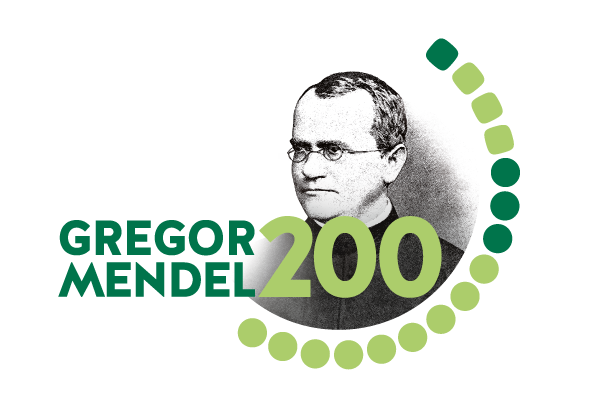PARTNERS
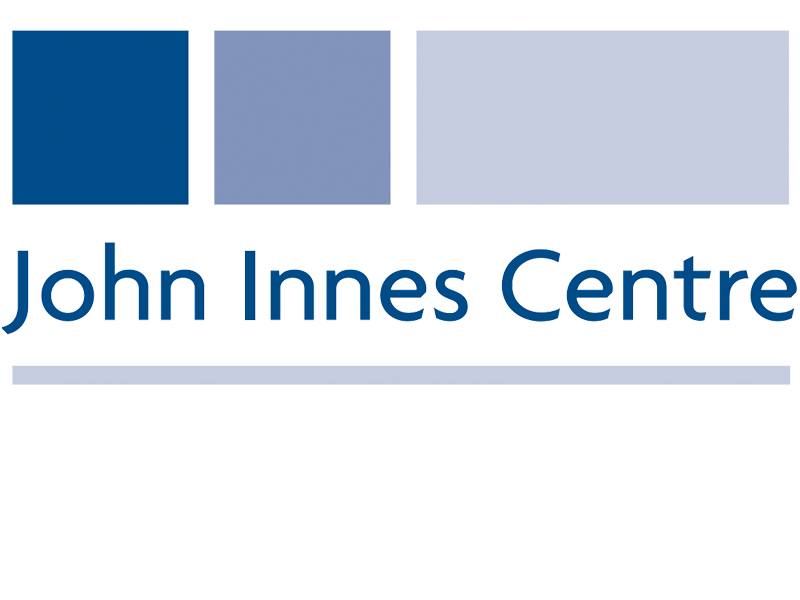
JOHN INNES CENTRE (JIC)
We are an independent, international centre of excellence in plant science, genetics and microbiology.
Our institute fosters a creative, curiosity-driven approach to fundamental questions in bio-science, with a view to translating that into societal benefits. Over the last 110 years, we have achieved a range of fundamental breakthroughs, resulting in major societal impacts. The director of the John Innes Centre is Professor Dale Sanders FRS.
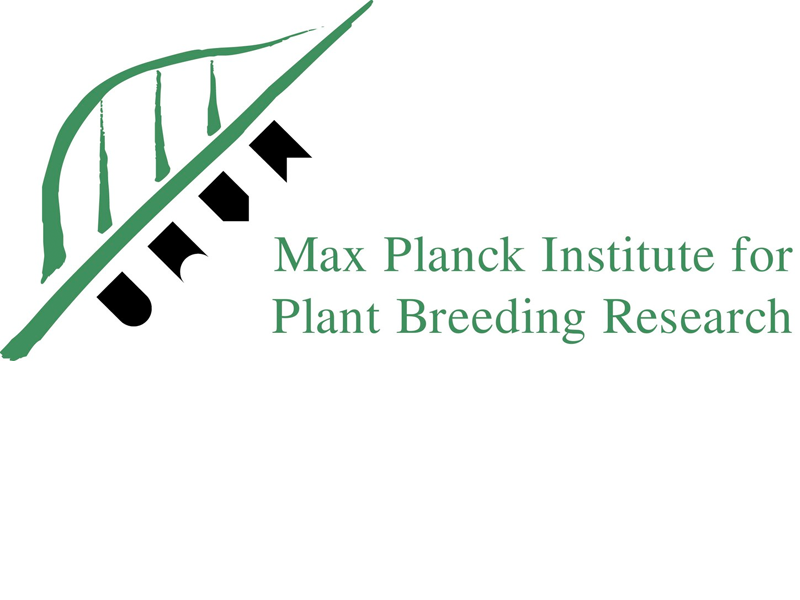
MAX PLANCK INSTITUTE FOR PLANT BREEDING RESEARCH
“Can plant breeding be transformed into a rational, predictive science?” This is the question that motivates all research programmes at the Institute. We wish to determine how a detailed understanding of molecular mechanisms defined in model plant species can be used to predictively manipulate selected traits in crop plants.The last years have seen a tremendous increase in our knowledge of the molecular mechanisms underlying plant biology. This progress has come largely from studies on model species, principally Arabidopsis thaliana. However, the deeper knowledge of the regulatory components and mechanisms controlling plant traits that has resulted has not yet had a sustained impact on plant breeding. The aim of all work at the Institute is to find ways of utilizing this knowledge to develop rational approaches to making desirable changes in selected traits in crop plants.
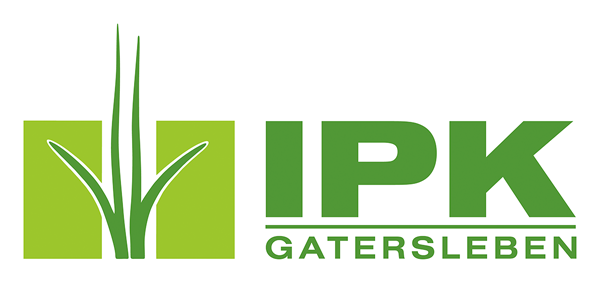
INSTITUTE OF PLANT GENETICS AND CROP PLANT RESEARCH (IPK)
The IPK Leibniz Institute of Plant Genetics and Crop Plant Research (IPK) is a member of the Leibniz Association. The Institute’s mandate focuses on the elucidation of the fundamental principles of evolution, development and adaptation in crops. The research goals of the Institute are directed towards an efficient and sustainable supply of food, energy and raw materials and thus towards meeting global challenges. At the IPK, the conservation, research and utilisation of the genetic diversity of crop plants in the Federal Ex situ Gene Bank are combined with innovative research approaches in the fields of molecular genetics, genome research, molecular plant biology, systems biology, bioinformatics and modelling.
With a total inventory of more than 150,000 accessions from almost 3,000 species, the Gene Bank is one of the largest facilities of its kind in the world. The Plant Cultivation Hall is up to now unique in the world. With this facility researchers can study the productivity of crop plants under altered environmental conditions and thus specifically improve their properties. The Leibniz Institute work contributes to the development of a plant-based bio economy and related social change.
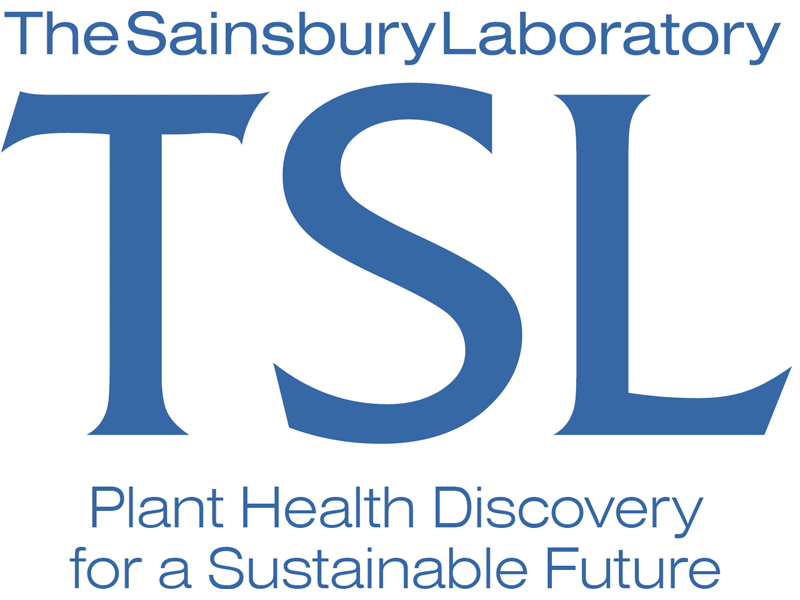
THE SAINSBURY LABORATORY (TSL)
- discovery of RNA interference in plants by Prof. Sir David Baulcombe FRS as recognised by the Lasker Award and the Wolf Prize in Agriculture,
- discovery of the first immune receptor in plants by Prof. Jonathan Jones FRS,
- three current Group Leaders are Fellows of the Royal Society,
- five researchers have been on the Highly Cited Researchers list of top 1% scientists in the world since 2018.
How do we impact the world? The Sainsbury Laboratory has made major contributions to the fundamental understanding of plant diseases through ground-breaking discoveries in molecular plant-microbe interactions. These discoveries are taken from the laboratory to the field with the aim of reducing worldwide losses to crop diseases. Through the discovery, engineering and deployment of novel immune receptors in crops, as well as genome editing tools, we can enable the generation of novel alleles for crop improvement.

GREGOR MENDEL SOCIETY VIENNA
Objectives of the Association
- Promotion of basic and applied genetics in plants, animals and humans (plant breeding, animal breeding, human genetics)
- Dissemination of scientific genetic knowledge
- Research on Gregor Mendel, his biography and the reception and interpretation of his scientific work.
History
The Gregor Mendel Society Vienna (GMGW) was founded in 1972 by Prof. Alfred Buchinger as a scientific association. Buchinger was a co-worker of Prof. Erich von Tschermak-Seysenegg, one of the rediscoverers of Mendel’s rules at the Institute for Plant Breeding at the University of Natural Resources and Applied Life Sciences in Vienna.

UNIVERSITY OF NATURAL RESOURCES AND LIFE SCIENCES AUSTRIA (BOKU)
The University of Natural Resources and Life Sciences, Vienna was founded in 1872 as a college of agriculture and forestry.
BOKU sees its responsibilities in responding to current social and ecological challenges and covers the broad field of natural resource management, from agricultural issues to biotechnological research, always guided by the need for sustainability.
BOKU has a strong international focus, with 300 partner institutions worldwide. It is active in research and teaching of subjects in 15 departments and currently offers 7 Bachelor programmes, 27 Master and 9 Doctoral programmes.
BOKU is among the top 30 universities in the QS World University Ranking in the subject of “Agriculture and Forestry”.

CEITEC
CEITEC is a consortium of four leading universities and two research institutes based in Brno. CEITEC is a young and dynamic interdisciplinary research centre that is focused on life sciences, advanced materials, and nanotechnologies and is committed to fulfil its mission of improving quality of life and human health. The research centre continues to contribute significantly to high quality results in basic research in the Czech Republic, and competes well in comparison with international centres.

CEITEC MENDELU
Central European Institute of Technology – Mendel University in Brno (CEITEC MENDELU) is an independent university institute, which was established at the Mendel University as a part of the Science Centre of excellence CEITEC – Central European Institute of Technology. CEITEC is the Interuniversity Centre, which involves the cooperation of four major Brno universities and two research institutes based in Brno. The head of the Department CEITEC MENDELU is Mgr. Vilém Reinöhl, CSc.

UNIVERSITY OF VIENNA (UNIVIE)
The University of Vienna is one of the oldest and largest universities in Europe: around 10,000 staff work at 20 faculties and centres, including around 7,400 scientists.
This makes the University of Vienna the largest research institution in Austria as well as the largest educational institution: around 90,000 national and international students are currently enrolled at the University of Vienna. With 179 regular degree programmes, it offers the most diverse range of courses in the country. The University of Vienna is also an important institution for continuing education in Austria. Founded in 1365, the Alma Mater Rudolphina Vindobonensis celebrated its 650th anniversary in 2015 with a diverse annual programme.

CEPLAS
At CEPLAS, an international research center for plant sciences, scientists are working on sustainable approaches to food security. They explore interactions between individual plants and different climates with limited resources. A major goal of their research is to find ways for crops to thrive even when there’s less water or other natural resources available. With new understanding comes innovation – and the knowledge created at CEPLAS will serve as a basis for the development and breeding of (crop) plants that can respond predictably to future challenges (“SMART plants”).
CEPLAS combines the resources of the Universities of Düsseldorf and Cologne, the Max Planck Institute for Plant Breeding Research Cologne and the Research Center Jülich to form a leading international center for plant research.
